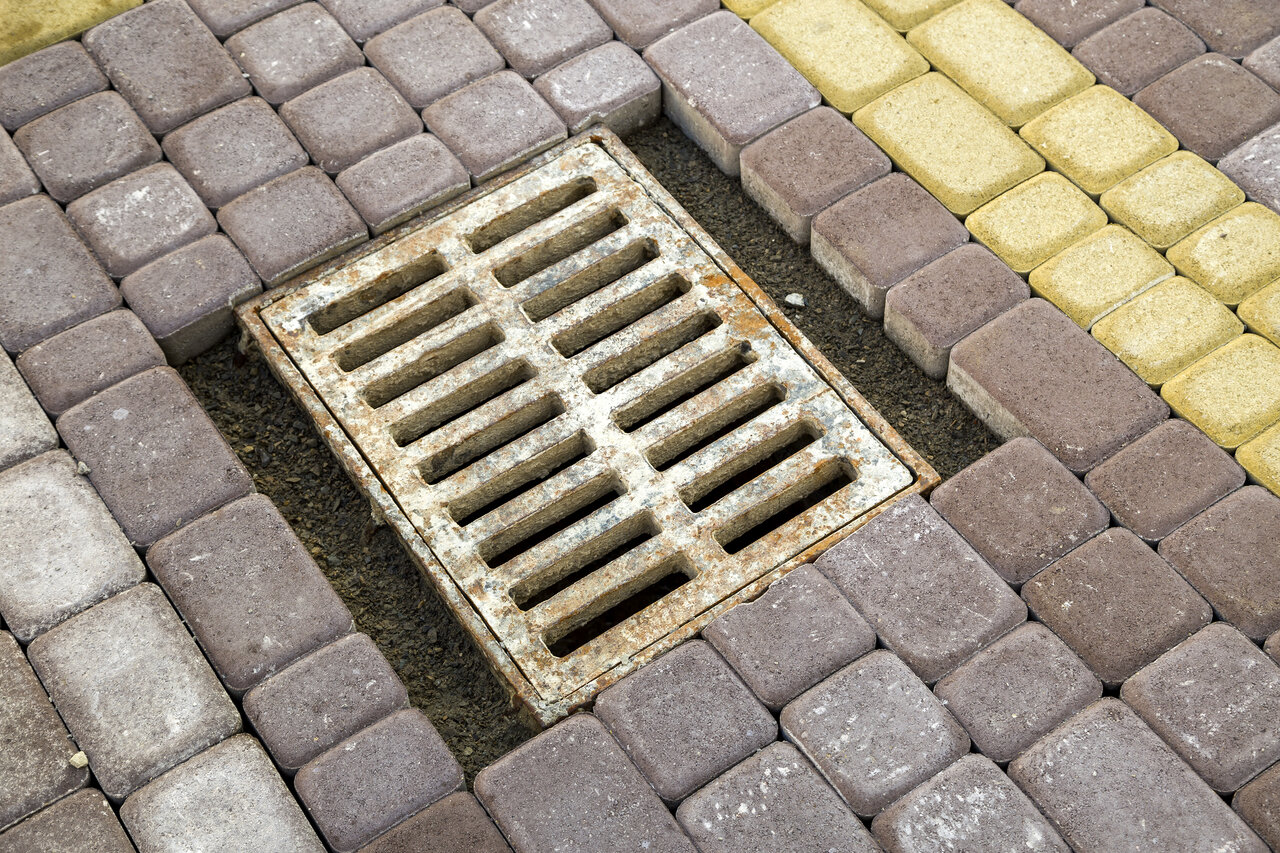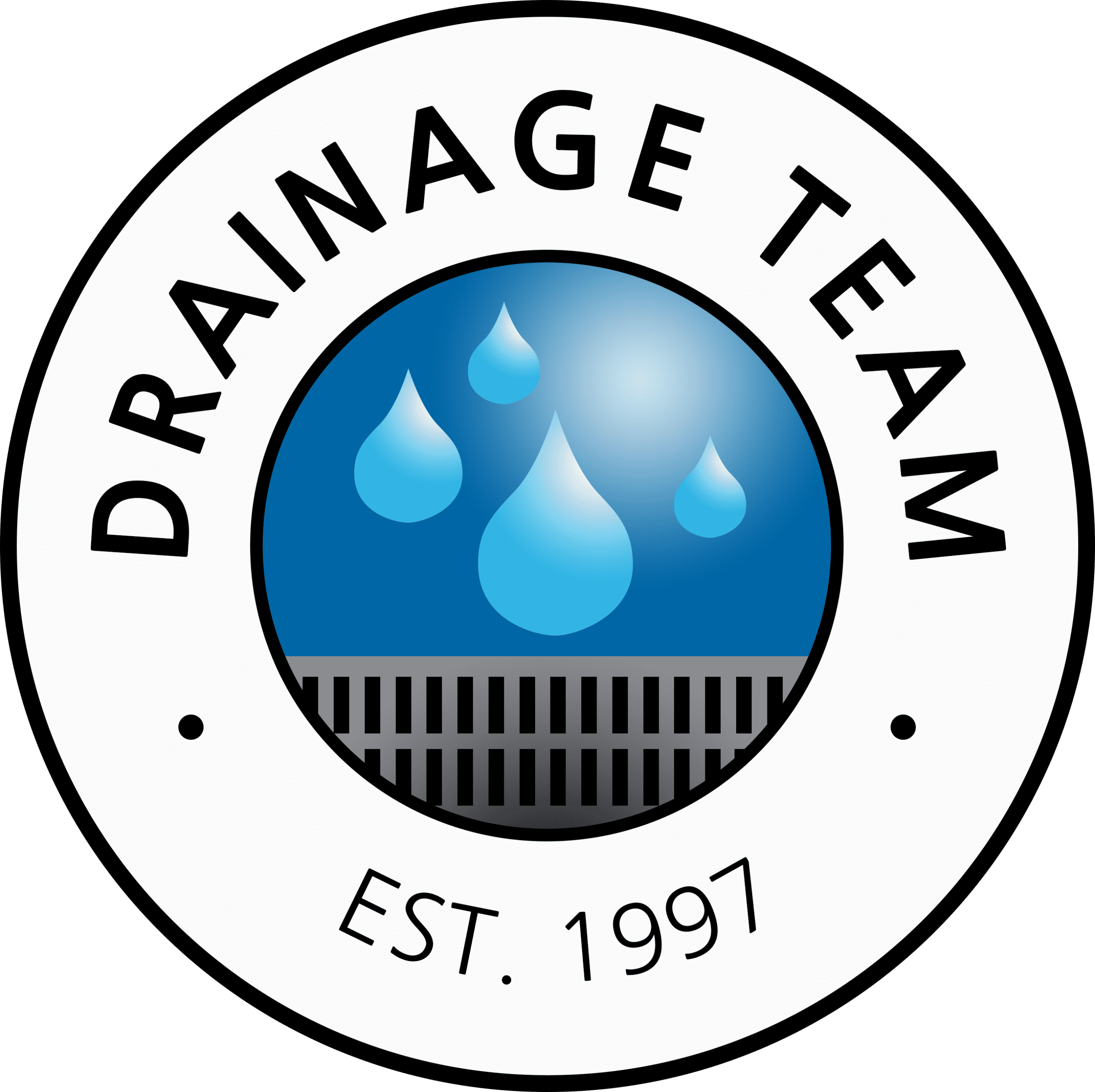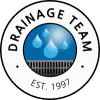Stormwater management is a crucial aspect of property maintenance, as it protects your property from water damage, erosion, and other potential issues caused by unmanaged water runoff. Many solutions and techniques help manage stormwater more efficiently, with French drains proving to be an effective and popular option for residential, commercial, and governmental properties. But what is a French drain, and how does it contribute to successful stormwater management and erosion control?
In this article, we will delve into French drains, exploring their unique design and detailing how they can improve your property’s stormwater management and minimize erosion-related issues. By understanding the benefits and functions of French drains, you can make an informed decision about whether this drainage solution is suitable for your property and its specific needs.
French drains are sub-surface drainage systems designed to collect and divert excess groundwater away from your property. Named after their inventor, American farmer and civil engineer Henry French, French drains are constructed using perforated piping surrounded by a layer of gravel, allowing water to enter the pipe and flow to a predetermined and safe discharge area. While French drains are not a one-size-fits-all solution, they can provide significant benefits and valuable stormwater management functionality for many property types and situations.
Benefits of French Drains for Stormwater Management and Erosion Control
French drains offer several benefits for your property’s stormwater management and erosion control, including:
- Effective groundwater control: French drains excel at collecting and diverting excess groundwater, keeping your property’s soil from becoming oversaturated and prone to erosion.
- Foundation protection: By directing water away from your property’s foundation, French drains can prevent water damage, mold growth, and foundation settlement, ensuring the longevity and safety of your structure.
- Landscape preservation: A properly designed French drain system can protect your landscape from erosion and water damage, maintaining the appearance and health of your garden, lawn, or other landscape features.
- Versatility: French drains can be designed and implemented to fit a variety of property types, sizes, and drainage needs, making them a flexible solution for many stormwater management situations.
Key Components and Design of French Drains
Understanding the key components and design aspects of French drains will help you grasp their functionality and determine if they are an appropriate solution for your property. The essential elements of a French drain include:
- Perforated pipe: A perforated PVC or corrugated pipe forms the core of the French drain system and allows water to enter and flow through the drain.
- Gravel layer: Gravel surrounds the pipe, providing filtration and preventing soil and debris from clogging the perforations. The gravel also aids in dispersing water pressure and promoting even water flow throughout the pipe.
- Slope and depth: To ensure that water flows efficiently toward the discharge point, French drains are installed at a slight slope. The depth of the drain varies depending on property conditions and drainage needs but is typically deep enough to intercept groundwater effectively.
- Discharge point: The French drain’s endpoint is critical for successfully managing stormwater. The discharge point should be located at a safe distance from your property and at a lower elevation, ensuring that water is effectively directed away from your property.
Considerations When Implementing French Drains
When considering whether to install a French drain on your property, several factors should be taken into account:
- Soil type: French drains work best in permeable soil types that allow water to drain quickly. If your property has heavy clay soil or a shallow water table, a French drain may not be the most effective solution.
- Drainage needs and issues: Evaluate your property’s drainage needs and the specific issues you are trying to address. French drains are ideal for groundwater control, but if surface runoff is your primary concern, alternative solutions like catch basins or swales may be more appropriate.
- Local regulations and permits: Some municipalities may require permits or have specific regulations related to stormwater management and drainage system installations. It’s essential to ensure that your French drain system is compliant with all local requirements.
- Maintenance requirements: While French drains generally require minimal maintenance, be prepared to occasionally clear debris from the discharge point and inspect your system for signs of clogging or damage.
Choosing a Professional for French Drain Installation and Consultation
Installing a French drain is a significant project that requires proper planning, design, and execution to be effective. Hiring a professional drainage expert can provide numerous advantages:
- Expertise and experience: Drainage professionals have extensive knowledge and experience with French drain systems, ensuring that your installation is well-designed, efficient, and suitable for your property’s needs.
- Proper installation: A poorly installed French drain can be ineffective or even contribute to further water issues on your property. By engaging a professional, you can be confident that your French drain is correctly installed and functioning at its best.
- Compliance with regulations: A knowledgeable drainage professional will ensure that your French drain system adheres to all local regulations, permits, and best practices related to stormwater management.
- Ongoing support and maintenance: A professional drainage expert can offer ongoing support and maintenance for your French drain system, helping you keep it in optimal condition and addressing any issues that might arise.
Conclusion
French drains can provide valuable stormwater management and erosion control benefits for many property types, ensuring that your property remains protected from water damage and other water-related issues. Understanding the design, benefits, and considerations involved in French drain systems can help you make a well-informed decision about whether this drainage solution is the right fit for your property.
Drainage Team specializes in providing drainage, erosion control, stormwater basins, and waterproofing solutions tailored to the needs of residential, commercial, and governmental properties. Our expert team can help you determine if a French drain is the most suitable solution for your property and guide you through the design, installation, and maintenance process. Contact us today to learn more about our services and how we can help you achieve efficient and effective stormwater management for your property.






